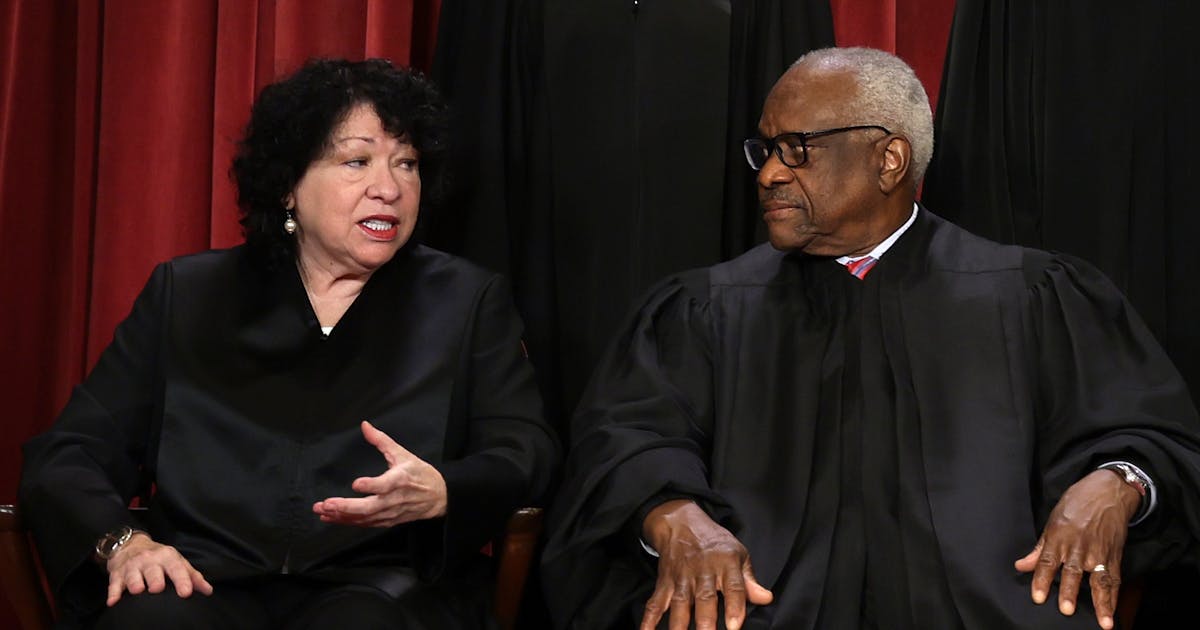
The majority opinion attempts to justify its capacious version of presidential immunity by looking to “the Framers’ design of the Presidency.” Among these, the majority plucked the notion that exempting the former president from prosecution, far from eroding the rule of law, would be an attack on the power of the presidency, which in turn would “threaten our constitutional order,” as Justice Thomas put it. It’s a circular argument—we have to reject the law in order to protect it! Moreso, this “destroy to protect” line illustrates what the conservative majority wants: the power to make that call always. “A majority of this Court, applying an indeterminate test, will pick and choose which laws apply to which Presidents,” wrote Justice Ketanji Brown Jackson wrote in her dissent. “The Court has now declared for the first time in history that the most powerful official in the United States can (under circumstances yet to be fully determined) become a law unto himself.” It’s a flex hardly unique to this decision: just last week, in the majority opinion in Loper Bright, the court took power over federal agency regulations away from federal agencies and Congress and moved it to the courts, overturning forty years of precedent set by its Chevron ruling. Far from the fantasy of the court as some detached umpire, here they demand the power to alter the rules to suit their game.
Today’s ruling is yet another facet of what legal journalist Chris Geidner recently called “a continued judicial aggrandizement project” whereby the conservatives on the court will gladly blow past precedent when they feel they have the power (and votes) to do so. The era of “The Imperial Supreme Court” is upon us, Stanford law professor Mark A. Lemley has argued, in which we have seen the court “implement the policy preferences of its conservative majority in a new and troubling way: by simultaneously stripping power from every political entity except the Supreme Court itself.”
Dobbs was one moment in recent history when this power dynamic was impossible to ignore, as Roe was dispensed by justices who claimed to follow settled law, replaced with a raft of fairy tales about how Roe never should have been decided the way it was in the first place—something that Trump now loves to parrot when at a loss for anything else to say on abortion. But if Dobbs activated people to push back on the court’s power grabs, then Loper Bright, coming just days before the immunity decision, should make the pattern and the stakes very clear: In accruing power, the majority on the court was willing to undermine decades of regulations on everything from greenhouse gas emissions to prescription-drug approvals.